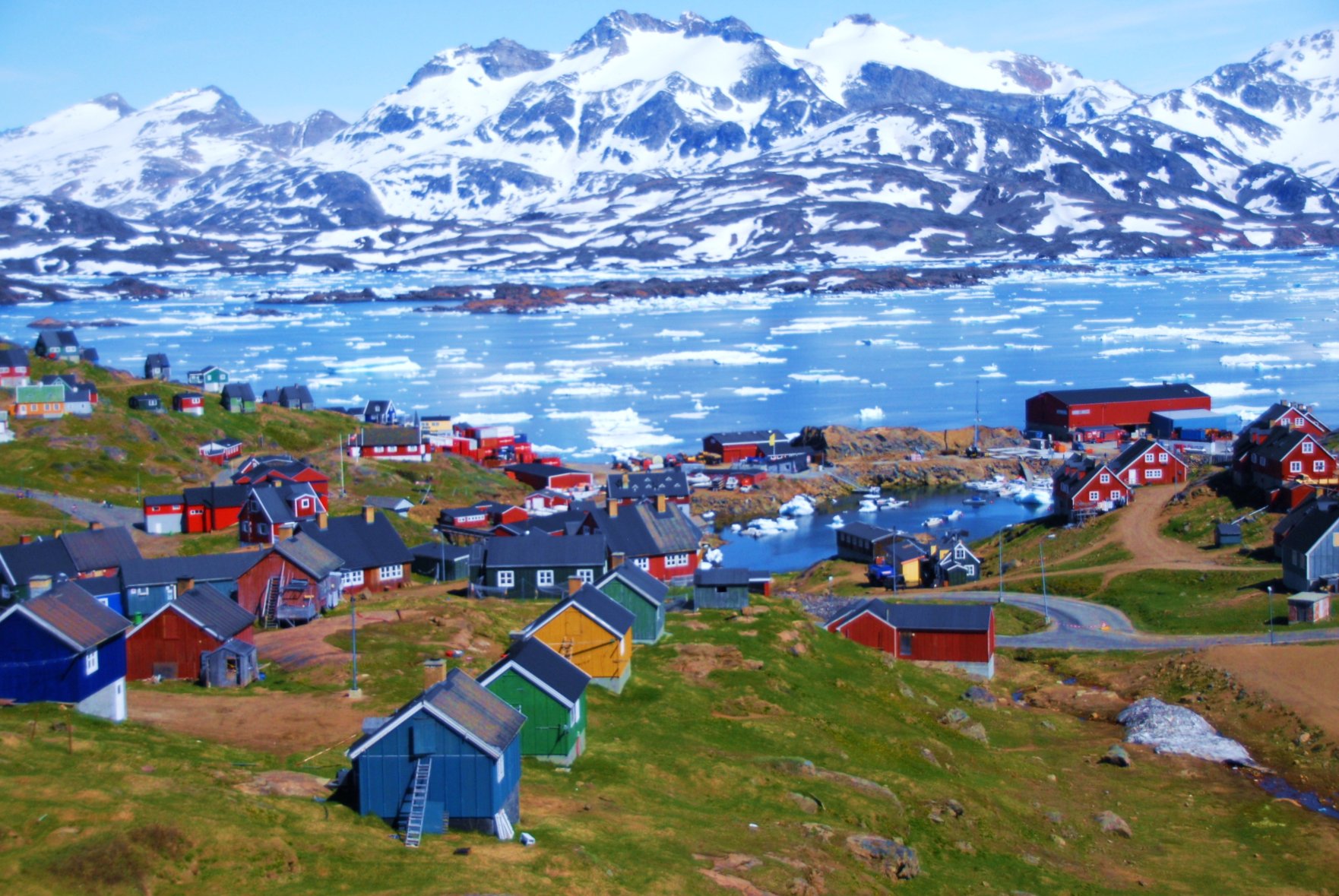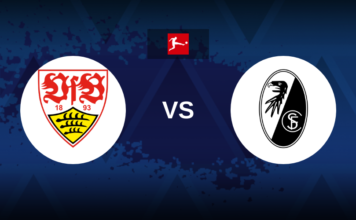A quote often attributed to Henry Kissinger states that to be considered a country, you need three things: an army, a currency, and a national soccer team.
While Greenland has neither an army nor its own currency, the island is fiercely pursuing official recognition for its football team—a goal that has become entangled in geopolitics.
The World’s Largest Island, Yet Unrecognized in Football
Greenland, the world’s largest island, is three times the size of Texas but has a population of just 55,000. Due to its harsh climate, with winter temperatures dropping as low as -60°C, and an 80% landmass covered by a 3-kilometer-thick ice sheet, it has historically remained largely uninhabitable. Human settlements, including the capital, Nuuk, are confined to the coastal regions.
Despite its challenging conditions, football is Greenland’s most popular sport, with 10% of the country’s population registered as footballers. However, the national team has struggled for international recognition. Since its formation in 1971, the Greenland FA has attempted to join FIFA and UEFA but has been repeatedly denied due to its lack of suitable playing conditions and infrastructure.
Greenland’s Football History: A Struggle for Legitimacy
The Greenland FA played its first international match in 1980, suffering a 6-0 defeat to the Faroe Islands. Unlike Greenland, the Faroe Islands, which have the same territorial status within the Kingdom of Denmark, were able to join FIFA in 1988. Greenland, however, has faced continuous rejection due to its extreme climate and lack of FIFA-standard pitches. Even with a FIFA-supported artificial pitch inaugurated in 2010, Greenland’s national stadium in Nuuk still falls short of international requirements.
The Political Roadblocks to FIFA Membership
In recent years, FIFA has recognized other politically sensitive territories, such as Palestine (1998), Gibraltar (2016), and Kosovo (2016), despite opposition from influential nations like Spain, Russia, and Serbia. However, since 2024, FIFA has implemented stricter regulations requiring a country to be fully independent before gaining membership.
For Greenland, this presents a major obstacle. While independence from Denmark is frequently discussed and widely supported among Greenlanders, it has yet to be realized. The situation, however, took an unexpected turn in 2024 when U.S. President Donald Trump reignited his interest in purchasing or even annexing Greenland.
A Shift Towards CONCACAF?
In May 2024, Greenland formally applied to join CONCACAF, the governing body for football in North and Central America, which, unlike UEFA, has a history of allowing non-independent territories to participate. Initially ignored, Greenland’s application gained traction in early 2025 when CONCACAF’s General Secretary invited Greenland FA representatives to discuss potential membership.
If accepted, Greenland would benefit from financial support and infrastructure development, including much-needed indoor football facilities. Iceland has already demonstrated that a small nation with proper investment can achieve remarkable footballing success. Greenland hopes to follow a similar trajectory.
FIFA’s Next Move: A Political and Sporting Power Play
Despite the CONCACAF meeting, Greenland still faces the hurdle of FIFA recognition. However, FIFA President Gianni Infantino has shown flexibility in bending rules for influential allies, as evidenced by Saudi Arabia’s unopposed bid for the 2034 World Cup. Given Trump’s involvement and Greenland’s new geopolitical significance, FIFA might find a way to accommodate the island’s footballing aspirations.
Kenneth Kleist, head of the Greenland FA, insists that their invitation to meet with CONCACAF is purely about football, not politics. But should Greenland gain recognition, it would be celebrated not just in Nuuk but also in Washington, as a sporting and diplomatic power move.
Whether FIFA ultimately grants Greenland official status remains uncertain, but the island’s fight for recognition is proving that football is more than just a game—it is a statement of identity and ambition on the world stage.







